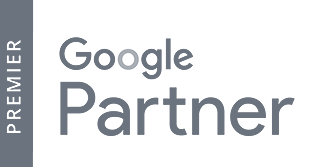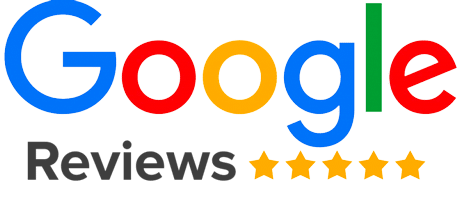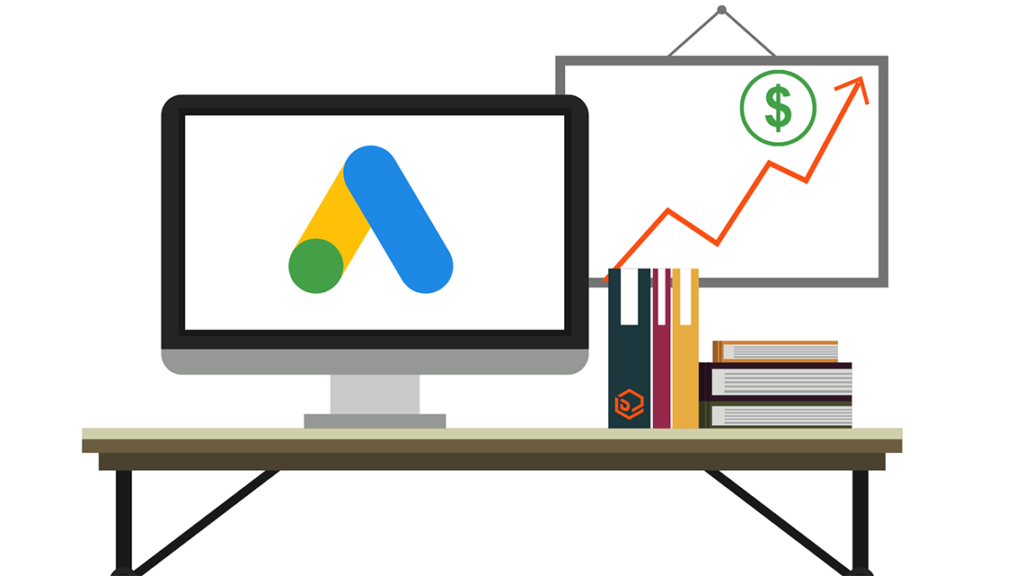


Google’s primary focus and priority is ensuring businesses paying for advertisements see a high return on investment. The most recent Google Economic Impact Report stated that businesses make, on average, $2 in revenue for every $1 they spend on Google Ads.
What is Google Adwords?
Google Adwords, now known as Google Ads, is a platform in which businesses can increase sales using online advertising. Google ads work by displaying marketing efforts in various places throughout Google’s organic search results.
For example, your ads could show at the top of Google search results, in banners on non-search websites, mobile apps, and videos. These are all a part of Google’s display network.
Digital Logic is a Google Ads management team that runs Google ad campaigns as a single marketing service or as part of a larger package. Our Google Ads management team specializes in helping large and small businesses get the most out of their advertising budget.
Whether you’ve been open for a while or are starting a new business, our Google Ads management services are sure to help grow your business.
Are Google Ads Management Services Different Than SEO?
Google Ads management services and SEO are distinct yet complementary tools in the digital marketing arsenal. SEO, or Search Engine Optimization, is about enhancing a website’s organic ranking on search engines. This involves a deep dive into search engine algorithms, creating content aligned with user intent, and optimizing site architecture and performance for better visibility.

Unlike SEO’s gradual approach, search engine advertising, particularly through Google Ads, provides an immediate increase in visibility. Here, the creation and optimization of a Google Ads account is key, focusing on ad placements that reach potential customers quickly and effectively.
PPC management, a cornerstone of Google Ads, is crucial for Google Ads users. It requires meticulous management of ad spend to ensure there’s no wasted spend. This strategy is particularly effective in bringing new visitors to a website, and standing out in a competitive landscape.
On the other hand, how SEO works is more about organic growth, building credibility and a sustainable web presence over time. Marketing experts often blend SEO and Google Ads management services to strike a balance—SEO lays a strong foundation for long-term success, while the Google Ads marketing campaign drives more leads and aids in increasing conversions in the shorter term.
This combination ensures both immediate impact and an enduring online presence.
Why Do Businesses Need a Google Ads Management Company?
Businesses seeking to maximize their online presence need a skilled Google Ads management company to leverage their Google Ads account fully. Such companies bring expertise beyond the basic management of a Google ads campaign, including judiciously handling management fees to ensure value for services rendered.
At Digital Logic, we strategically adjust bids and campaign settings, which is crucial for any business looking to drive sales and attract new leads. With a focus on more detail in campaign analytics, your account manager will significantly enhance conversion rates, ensuring each aspect of the Google Ads campaign is running smoothly.
This specialized attention is vital for synchronizing the online advertising efforts with the performance and objectives of the business’s website, turning potential visitor interest into actionable results.
What Does Digital Logic’s Google Ads Management Services Entail?
At Digital Logic, our Google Ads management services are designed to elevate your online advertising strategy, especially for a small business aiming to carve out a significant online presence. As a Google Premier Partner, we bring expertise and insights directly from Google, ensuring that your paid search campaigns are aligned with the latest trends and best practices.

Our management services include a dedicated account manager who closely monitors your Google Ads campaign performance, offering enough data to make informed decisions. This focus on fine-tuning your campaigns is pivotal in helping you maximize ROI, ensuring you get more money out of every dollar spent.
With Digital Logic, you have complete control over your advertising strategy, while our team provides the support and expertise needed to make every marketing campaign successful. Our goal is to make Google Ads an effective tool for growth and visibility for your business, tailored to meet your unique needs and objectives.
Google Ads Management Services by Industry
At Digital Logic, we have extensive experience running Google ads for the following industries.
We offer the following services, but our Google Ads Management team is not limited to the following:
Successful Google Ads Campaign Examples
Here are a few of our clients that benefitted from our Adwords or Google Ads Management Service:
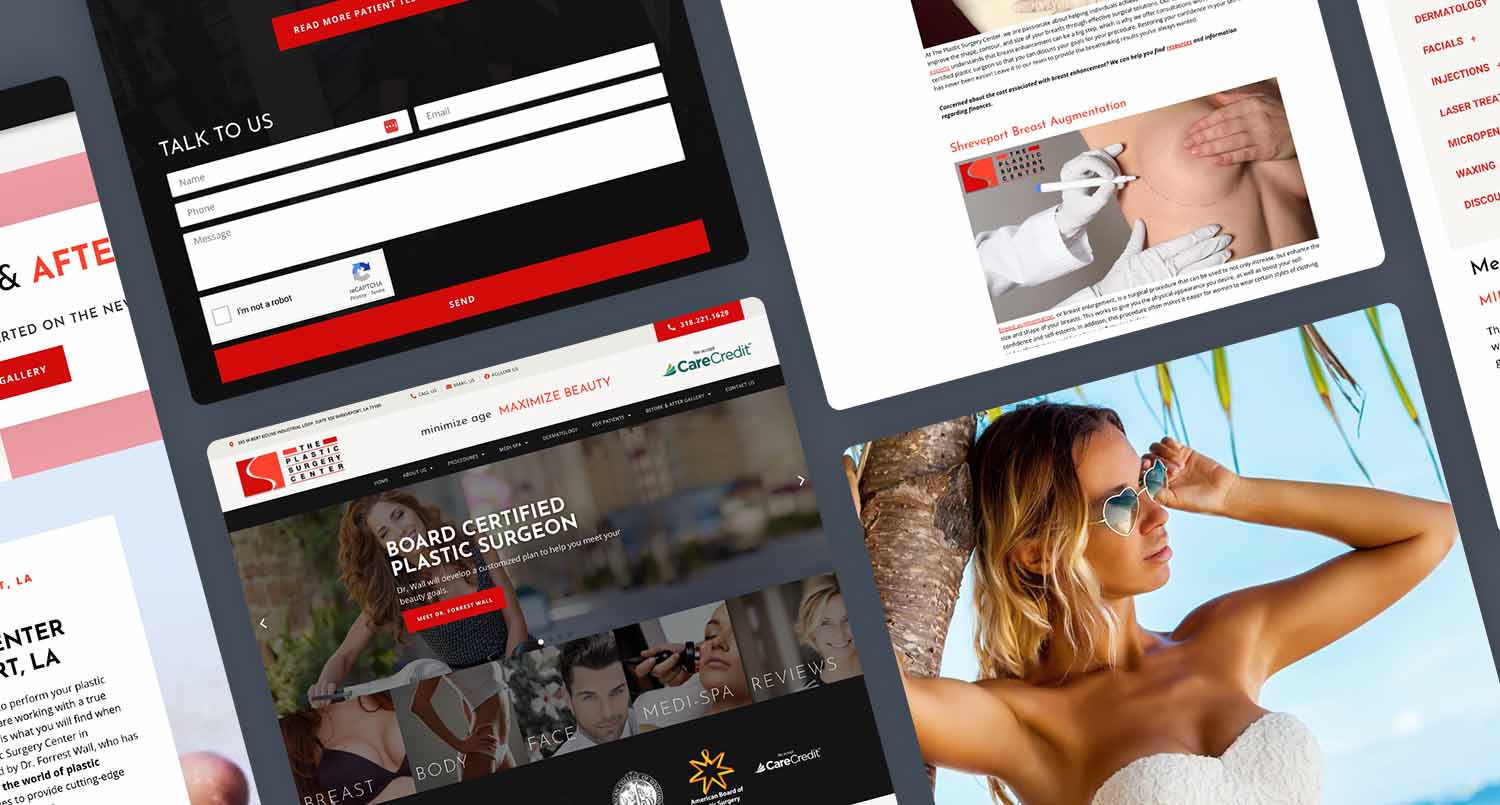
THE PLASTIC SURGERY CENTER
When The Plastic Surgery Center contacted us, they sought more leads and increased website traffic. We were able to run Google Ad campaigns in tandem with SEO services to increase awareness. After a year, conversions were up 88%.

Louisiana Crawfish
With a combination of SEO, press releases, social media strategy, GMB optimization, and Google Ads, Louisiana Crawfish was able to dominate its market in under a year.
Thanks to our Google AdWords experts’ fine-tuning, their PPC cost went down 13%, and e-commerce saw an increase of a whopping $1.6 million.
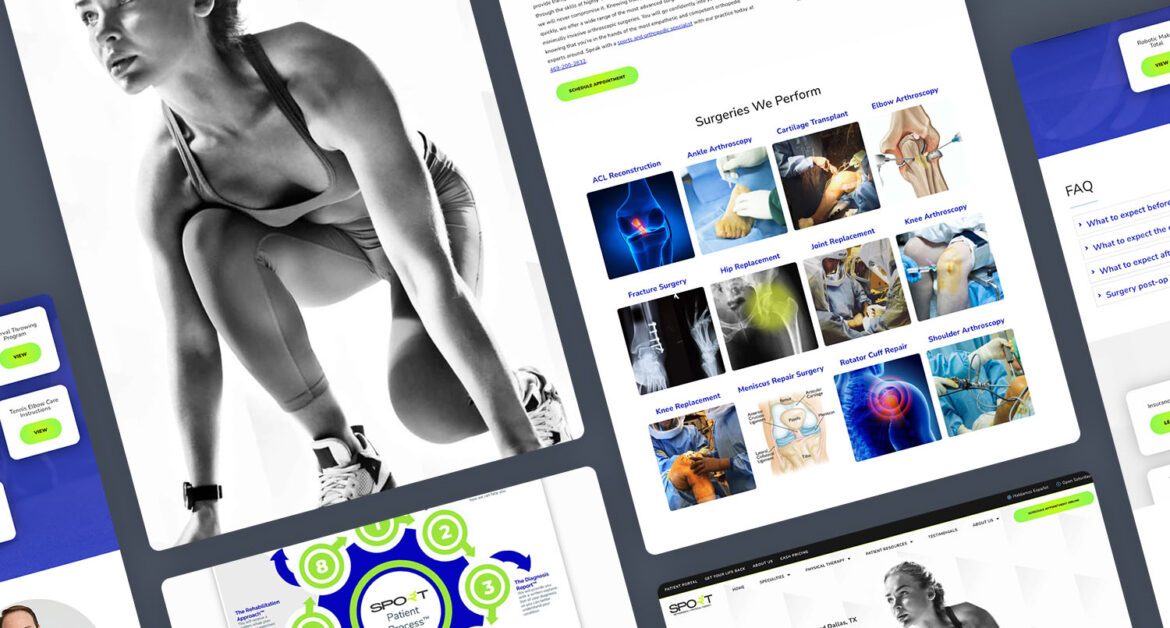
SportsMed Texas
Eight months after taking over SportsMed’s Google Ads account and website, we increased traffic by 930%, with an average of 300 monthly calls from ad campaigns.
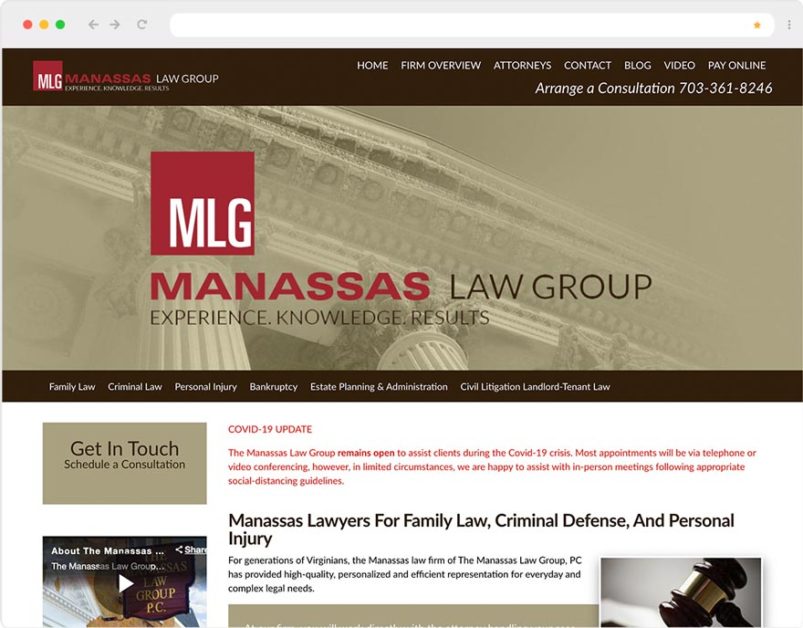
Manassas Law Firm
The Manassas Law Firm suffered from flat organic traffic after a multi-year contract with Findlaw. Our team set up a Google display network campaign that, after 2 years, increased their average unique leads to 125 per month and increased ROI by 561%.
They now bring in over an estimated $12,800 monthly from our digital marketing management services alone.
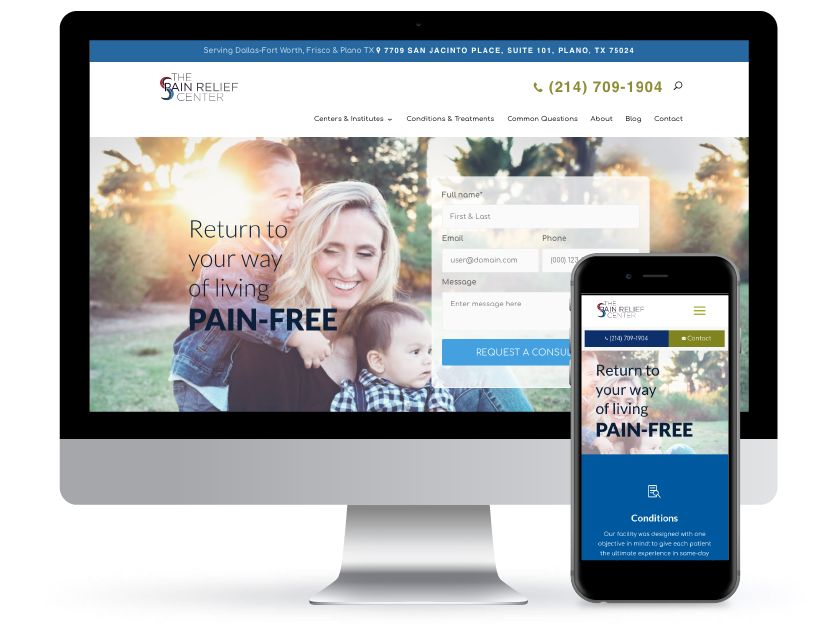
Pain Relief Center
After 1 year, a combination of SEO and Google Ads management services helped The Pain Relief Center increase website traffic by 293%, bringing them an average of 761 qualified calls per month.
How Does Our Google Ads Management Agency Set up a Campaign?
Online Advertising Definitions
First, let’s start with some basic definitions to help this process go a little more smoothly:
Ad Copy
Ad copywriting or ad copy optimization is crafting the strategic sales pitch highlighting the benefits of what’s being sold in the ad.
Ad Spend
Ad spend is the amount of money spent on each specific ad variation within an ad campaign or ad set.
Landing Page
Landing pages are the website pages that new or past site visitors will “land on” when they click an ad.
Negative Keywords
The Google Ads platform allows you to eliminate keywords that you don’t want your ad to show for. For most campaigns, we’ll add negative keywords such as “free” or “cheap.”
Having an experienced account manager who knows which negative keywords to add at the beginning of your paid search campaign can seriously stretch your ad budget.
Quality Score
Google uses a quality score to show Google Ad users how well their ad is performing. For this reason, we build dedicated landing pages for each ad group.
Conduct Research for Your Google Ads Account
KEYWORD RESEARCH
Setting up a successful Google Ads campaign requires exhaustive keyword research. This includes researching search volume, target cost, and the keyword’s ability to drive leads and then, compiling a detailed report to help determine your ad budget.
Keyword research for Google Ads campaigns will help grow your business faster than any other single step.
We determine campaign goals using your preferences for specific product or service promotions.
Next, we research how your local target audience searches for local services or products similar to yours.
OPPOSITION RESEARCH
There are advanced tools to determine what your competitors are doing on Google Ads.
With websites such as spyfu.com, you can find out the average CTR and the number of companies that have advertised for similar keywords in the past 3 months.
Determine Google Ads Budget
At Digital Logic, we employ a meticulous approach to determine Google Ads budgets, ensuring our clients get the most out of their investments in the cost of advertising online. We leverage powerful tools like Google Analytics and other Google Adwords report tools to analyze data and gain valuable insights into paid search performance.
By understanding the dynamics of each Google Ads campaign, our account managers can allocate the ad budget effectively to generate more leads for your business.
Our approach considers various factors, including the competitiveness of your industry and the potential impact of targeting more keywords to reach a broader audience. With Digital Logic, your ad spend is not just a number; it’s a strategic investment to achieve tangible results and maximize your online advertising ROI.
Build Quality Landing Pages That Correlate With Each Ad Group
At Digital Logic, we understand the importance of aligning your online presence with the buyer’s journey. Our strategy includes building quality landing pages that seamlessly correlate with each ad group, ensuring a cohesive user experience.
We meticulously design each landing page to complement your ad copy and optimize it to improve conversion rates.
Set Up Google Ads Campaigns
At Digital Logic, we set up Google Ads campaigns to maximize the visibility and success of your business. We create targeted ad groups to ensure your ads reach the right audience, whether through Local Service Ads, YouTube ads, or other platforms.
Our careful selection of relevant keywords is at the heart of our strategy, allowing us to connect your business with prospects actively searching for your products or services.
With Digital Logic, your Google Ads campaigns are meticulously crafted to drive results and achieve your digital marketing goals.
Ad Copywriting
Our Google Ads team specializes in crafting compelling and persuasive online advertising campaigns that resonate with your target audience. We go beyond mere content creation and delve into ad copy optimization, ensuring that your ads are engaging and highly effective in driving results.
Your Google Ads campaigns are designed to capture attention and convert clicks into valuable actions, maximizing the impact of your online advertising efforts.
Fine Tune the Details
We continuously optimize your marketing campaigns for maximum impact through ad testing and insights from Google Analytics. We analyze search volume and scrutinize the competitive landscape to ensure your ads stand out.
With our focus on multiple ads within targeted ad groups, we offer you complete control over your campaigns, ensuring that every aspect is optimized to achieve your digital marketing goals.
Add Conversion Tracking to the Landing Page
At Digital Logic, we enhance your digital marketing strategy by implementing robust conversion tracking on your landing page. This vital step goes beyond website traffic monitoring; it provides us with actionable data to measure the effectiveness of your campaigns.
Our monthly reporting lets us precisely analyze which keywords drive conversions and optimize your strategy accordingly. By adding conversion tracking to your landing pages, we ensure that your Google Ads are generating new visitors and delivering tangible results for your business.
Perform Google Ads Campaign Audits
At Digital Logic, we excel in performing thorough Google Ads campaign audits to enhance your digital marketing success. Our experts delve deep into your Google Ads account to evaluate the performance of your campaigns, scrutinizing every aspect, including the choice of keywords.
Through meticulous analysis, we identify areas for improvement, ensuring that your campaigns are optimized for maximum efficiency and effectiveness. With our Google Ads campaign audits, we aim to boost your online visibility and drive better results for your business.
Need a Professional Google Ads Management Service?
Your Google Ads campaigns should be run by a digital marketing agency that knows the ins and outs of the Google Ads Platform. At Digital Logic, we have extensive experience running campaigns for businesses small and large. We understand how to manage budgets, include the best keywords, and provide the best opportunity for company growth.
If you’re unsure or have any questions, please feel free to call us. We provide a free consultation and website audit. This allows us to see how we can help your company grow!

Let The AdWords Experts Help
At Digital Logic, we know everything there is to know about creating a successful AdWords campaign management strategy. If you want to boost your business, call us at 318-678-5020 or fill out our form for a free proposal!

